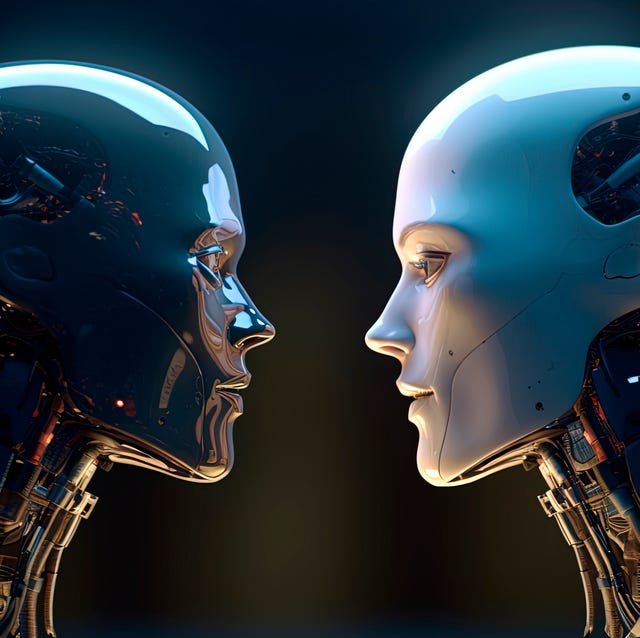Isn't it amusing reading all the recycled shit from the 1960's computer panic, where "computer" is replaced by "A.I." - yet the same moronic bullshit is shoveled out.
HAL lives...
The chants vary slightly, but it's the same fear and bullshit. It's by people that do not understand what a computer is. Quite a lot of them are programmers too!
A computer is nothing more than a general purpose sequencing device with a pocket calculator attached to it; and it has the ability to remember the sequence.
It certainly isn't 'smart'. It has no conscience. It has no intelligence. A.I. is a phrase used to describe a computer program using a feedback loop (normally itself mostly automated using data in the cloud itself). The Cloud is just a bunch of servers providing services that used to be on site, but are now available over the internet. Things like virtual disks, virtual machines, and routing information.
The Alexa service itself uses a semi-automated learning loop, but it's a poor one. Everything Alexa recognizes was programmed by someone writing a skill for it, or by Amazon programming a general starting dictionary itself. This starting dictionary can be refined by feedback from customers using the service when Alexa fails to recognize the command they gave. In this way, it can better handle the many accents across the country it has to deal with.
Yet Alexa is considered 'smart'. It only knows what people programmed into it, most of it through skill dictionaries written by literally thousands of people writing skills.
...and all AI is basically the same kind of thing...from driver assist systems (even level 3 systems, which are self driving!), robot navigation systems, chatbots, etc. They are all the same inside.
On the surface, it appears 'smart', but it's really very dumb. It only knows what people told it. It looks 'smart' because thousands of people are telling it what to do for each and every individual case they are interested in.


 www.sciencenewstoday.org
www.sciencenewstoday.org
